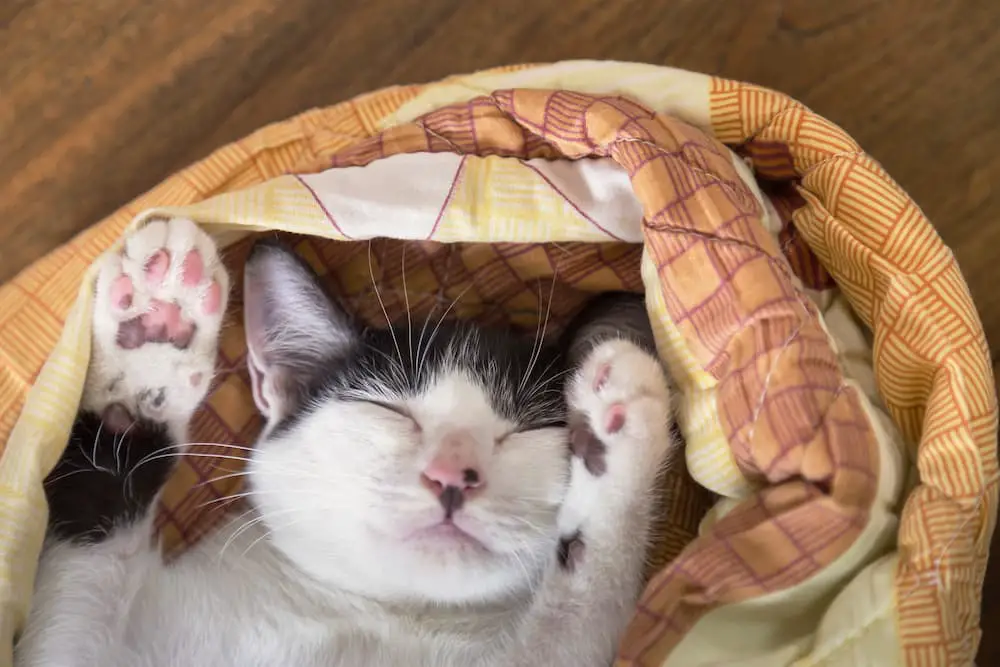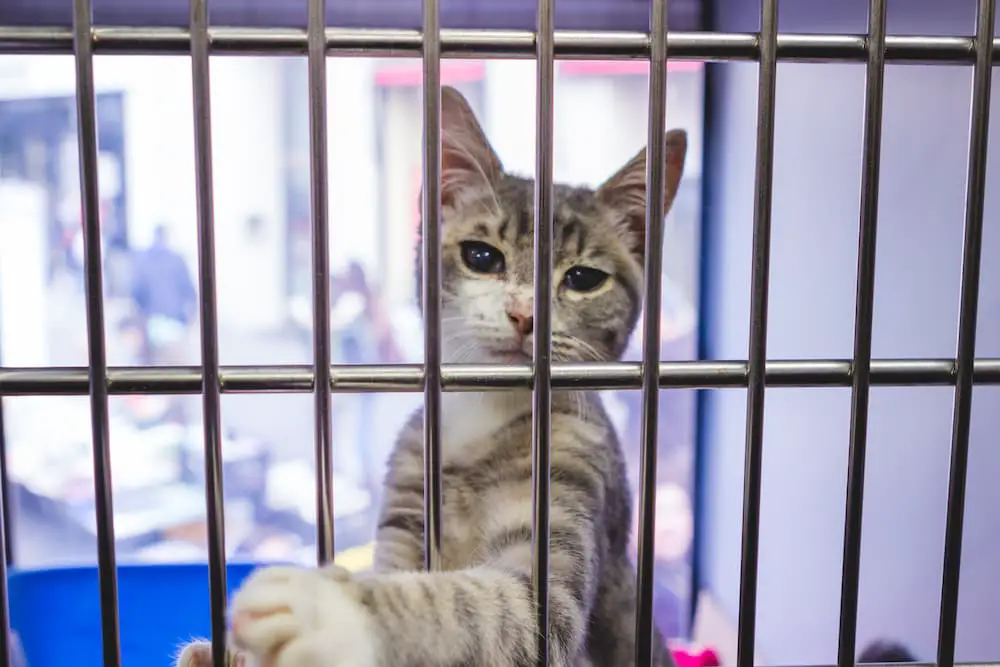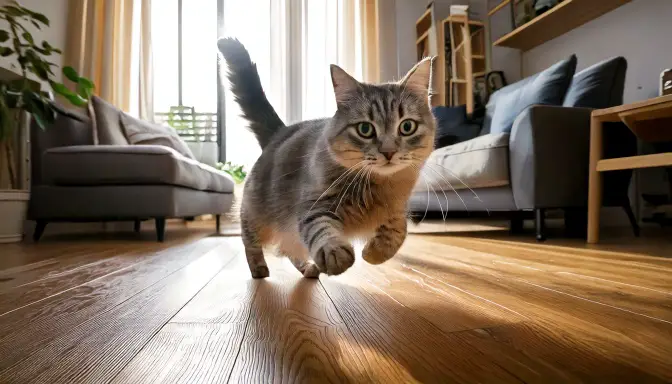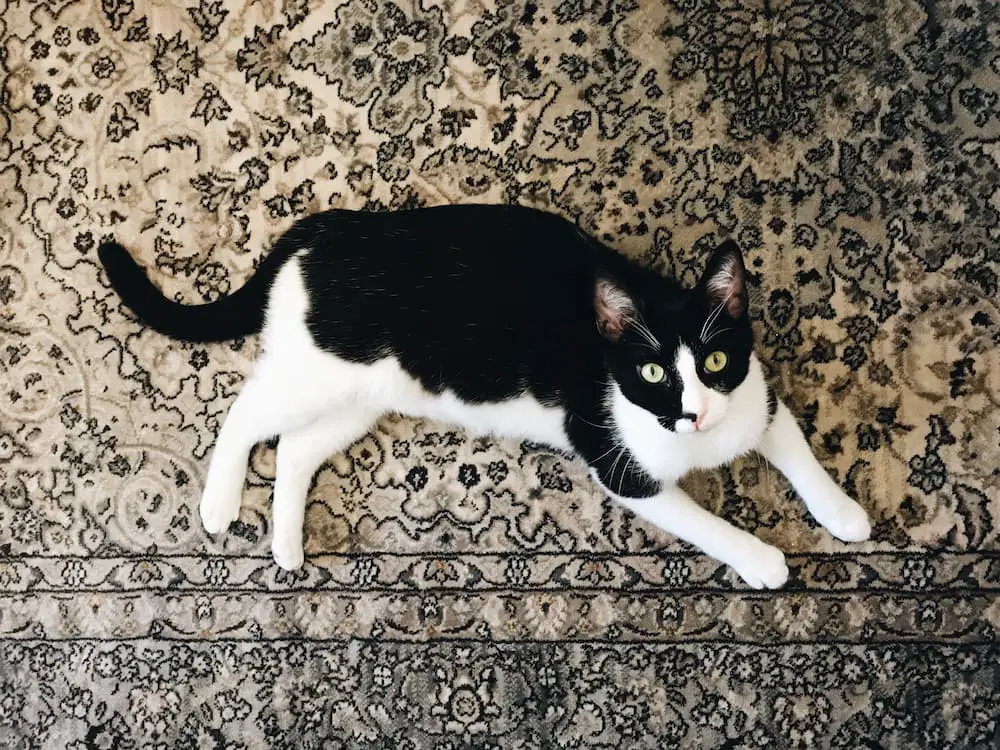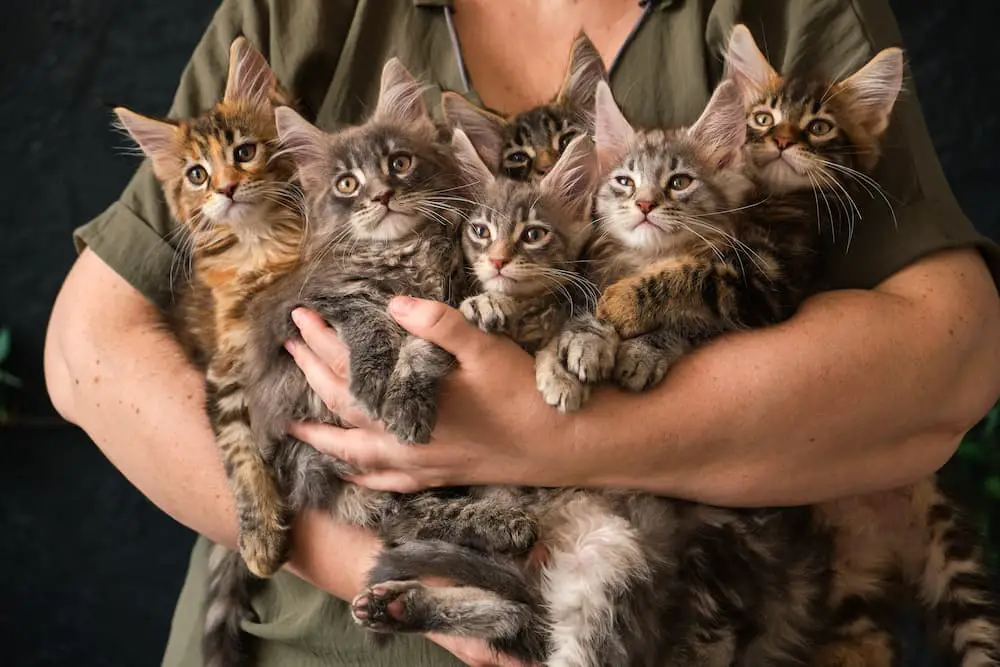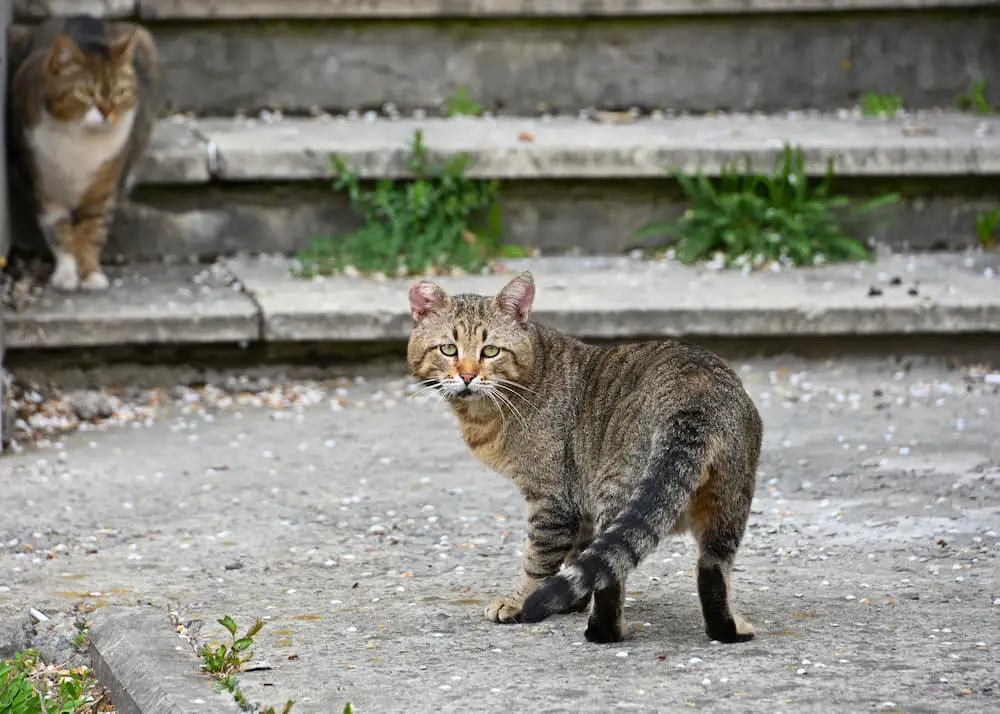Are you fed up with a feline that stopped using the litter box? Concerned for a cat who’s sleeping a lot? Or, not sure if what your kitty does is normal? These are all questions you should ask a veterinarian. Dr. Liz Bales is here to answer your kitty questions about health, wellness, and behavior!
Please give Dr. Bales your warmest welcome to The Catington Post, then go LIKE her on Facebook by clicking here. If you’ve got a question about YOUR cat, leave it as a comment below and Dr. Bales just might answer your question next!
Hello Dr. Bales,
I have mama (friendly) & 3 kittens I took in. Sequestered in spare room, have 4 other cats in home. The kittens are almost feral. Taken almost 2 months for 1 kitten to allow me to pet her. Not having much luck with other 2, they are males. Suggestions please as I want to integrate kittens with other cats in my home. Unsure of that also. Help!

Wow! You have taken on a lot here. I will answer this as a two-part question.
1. Taming feral kittens is very tricky business. You are doing a lovely thing by caring for these kittens and trying to socialize them, but it is not easy.
The most important thing to know is that you must keep yourself safe. The kittens should be examined by a veterinarian to make sure that they are healthy and free of disease. If the vaccine status of the mother is unknown or the kittens have spent time outside, you need to be aware that there is a risk of rabies in all unvaccinated cats and kittens. If you are bitten by a cat, you must know that all cat bites are serious and should be seen by a doctor.
With that said, you must know that not all feral cats and kittens can be socialized. Some will never enjoy the touch or companionship of humans. I know this may be disappointing, but I wanted you to know this so you can gauge your own expectations. It is certainly no reflection of your efforts that these kittens may not be socializable.
I am sorry I can’t give you specific handling instructions for these kittens, but you might improve your outcome with a few tips. Cats rely on scent and chemical messengers to communicate. When we understand how these work, we can try to use these messages to make cats feel safe. There is a bottled cat pheromone called Feliway that releases a calming cat messenger into the environment. This can help cats feel calm and less threatened. In addition, you could put some articles of clothing that you wear in their environment as bedding. This will get them used to your smell. Then, swap these out with new clothes and wear the clothes that the kittens have been sleeping on. Cats feel much more safe and secure when we smell like them.
2. The second part of your question was about integrating these new cats into your home and I have a few tips that may help you here. It would be best if you took a long time to introduce these cats into your home population. Let the home cats and the new cats get to know each other for a long time under the door between the two rooms where they are now. You can do the same trick of Feliway and switching bedding. The next step would be to stack baby gates from floor to ceiling between the two rooms. Let the cats get to know each other through that separation for 10 minutes or less at a time. If you see the cats exhibiting stress, end the session. Gradually increase the sessions until they are comfortable with each other and you feel safe putting them together.
I will say that this is a bit of a risky proposition and you may consider permanently housing them separately.
Remember, there are important food and litter box considerations here as well. You need one more litter boxes than you have cats. For instance, if you have 7 cats, you need 8 litter boxes. These should be kept in multiple locations in the home.
Cats should hunt for their food. I strongly recommend one NoBowl Feeding System for each cat. This helps keeps cats happy hunting and not competing for food resources, which leads to stress and fights. Cats like multiple fresh water sources kept in a separate location from their food.
That is a big answer! Let me know if I can help to clarify anything and good luck! Thank you for all that you are doing to help these cats. You are doing a wonderful thing!
For more cat health and wellness information, check out my website at www.TheCatvocate.com.
 Dr. Liz Bales, The Catvocate, is a practicing veterinarian with 15 years of experience. Dr. Bales has a strong interest in feline wellness and behavior. She believes that by understanding the natural state of the cat we can create an indoor environment where cats thrive and our bond with them grows.
Dr. Liz Bales, The Catvocate, is a practicing veterinarian with 15 years of experience. Dr. Bales has a strong interest in feline wellness and behavior. She believes that by understanding the natural state of the cat we can create an indoor environment where cats thrive and our bond with them grows.
Dr. Bales is interested in your questions and concerns about your cat! Leave your question in a comment below!

